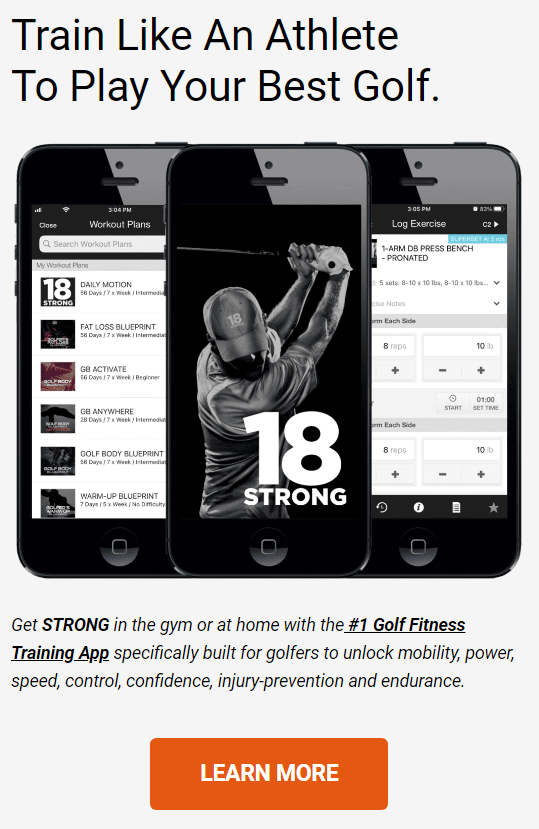Today I am excited to hang out with Tony Gentilcore, strength coach, and fitness writer extraordinaire! Tony is an expert when it comes to the deadlift and basically anything regarding picking up heavy things (oh and Star Wars). So naturally, I wanted to discuss with him why some people aren’t on board with the deadlift and what we should consider when thinking about using it in our programs, and also why he lifting “heavy” things might be one of the most important things you can do for your game and your long term health. Tony loves coaching and loves that he gets to work with such a wide variety of clientele on a daily basis. “I love getting people stronger and helping them buy into the mentality of setting performance-based goals.” He lives in Boston with his wife Lisa, and son Julian. Tony Gentilcore’s Background Tony grew up an active kid, playing baseball, basketball, soccer, wrestling, swimming, kickball, and a ton of bike riding. He graduated from the State University of New York at Cortland, Magna Cum Laude with a degree in Health Education and a concentration in Health/Wellness Promotion. He played two years at Onondaga Community College in Syracuse, NY where he was named Most Valuable Pitcher in both his Freshman and Sophomore years, and also made All-Conference and All-Region his sophomore year. Tony was one of the founders of Cressey Sports Performance with another very well known strength coach, Eric Cressey, where he worked with professional athletes on a regular basis. Tony currently trains in his own facility in Boston, MA, CORE and spends a good majority of his time writing for his blog TonyGentilcore.com and other major fitness publications. Highlights from this Episode Tony’s thoughts on the deadlift. There is a lot of conflicting information about whether deadlifts are good or bad for you, which we get into. Some dos and don’ts of deadlifts that everyone should be taking into account. There are a number of ways to approach it, and every person is going to be different depending on their skill, age, available equipment etc. Why back pain is most often not related to your back.

